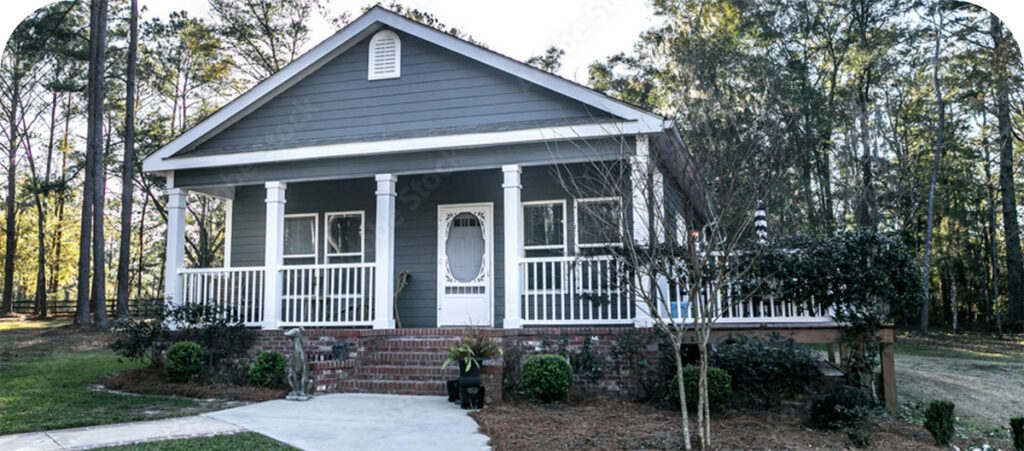Like many of you, I have aging parents that I care for. It can be challenging making the drive to their house after work and helping them with their household chores on top of taking care of my own family’s needs. In bygone eras, these challenges were made easier with how commonplace it was for grandparents, parents, and children to live together under one roof. I’ve often wished I could pick up their house and set it in my backyard.
While that’s not very realistic, one option that many people in my shoes consider is putting an accessory dwelling unit (ADU) on their property. Whether it’s for caring for aging parents, giving adult children a soft launch into adulthood, or creating the perfect “she shed,” having a small, secondary housing unit on your main property can be a great option to meet life’s demands. In this newsletter, you’ll learn what types of things to consider from a legal perspective if you want to place an ADU on your property.
As always, please let me hear from you. Reply to this email to send any comments or inquiries my way.
————
Managing Partner
——– Law Firm
—
ADU Basics
The biggest barrier to placing an ADU on a property in most places nationwide is zoning laws. While some states like California, Oregon, and Washington have passed laws that broadly allow ADUs within some local regulations, here in Indiana there is no state-wide law for or against an ADU. Instead, whether an ADU is allowed or not will depend entirely on the city codes where you reside. In some places, you may be clean out of legal luck, so to speak, since the city or county completely prohibits ADUs.
However, if you live in an area where ADUs are allowed, there are going to be several benchmarks along the way that you’ll need to meet before you can open up your very own “she shed.”
The Legal Hurdles
Most places that do allow ADUs have limits on size and placement in relation to the main building on your property. Your city’s planning/building department will have those specific regulations, and you will want to start by phoning the department for a list of those requirements.
A variety of legal implications apply to the kind of ADU you would like. Don’t just limit yourself to a stand-alone building in your backyard. Consider a basement ADU, in which you convert a basement into a separate unit with a kitchen and bathroom. You could also convert your garage into a living space or add on to your existing home. Each of these will have separate legal considerations when it comes to setting up utilities, entrances and exit requirements, and fire safety requirements.
Once you know the kind of ADU you want to add to your property, you will need to pull permits with your City, leaving plenty of time for their review. Generally, reviews take several weeks, so plan for that time.
Once you have completed your ADU, some cities require you to record a deed restriction for the new property, which will limit how you can use the ADU. Some cities do not allow ADUs to be used on sites like VRBO or Airbnb, or some cities require the owner to live on site with the ADU. ADUs may also be subject to city rental laws. For example, if you live in a rent-controlled city, you may be limited in how much rent you can charge if you wanted to use the ADU as a rental property.
Finally, talk with your homeowners insurance representative to make sure that your ADU is covered under your insurance policy. The last thing you want is for an ADU to cost you an arm and a leg because it wasn’t insured properly!
All in All
ADUs can be a great way to provide for the changing needs of your family, add to the comfort of your abode, or bring in a little extra income. Some cities also consider ADUs as a potential way to ease the costs of the nation’s housing shortage. However you plan to use your ADU, make sure you reach out so you can follow the legal requirements of placing one on your property.
I am always available to answer any questions you may have about your real estate needs. I look forward to hearing from you!
About Us
We specialize in helping our clients navigate the legal complexities of real estate transactions, whether as buyers or sellers. Our areas of expertise include family homes, duplexes, and rentals. We have helped thousands of clients make sound financial decisions when purchasing their dream home or selling a starter home. Learn more here.




